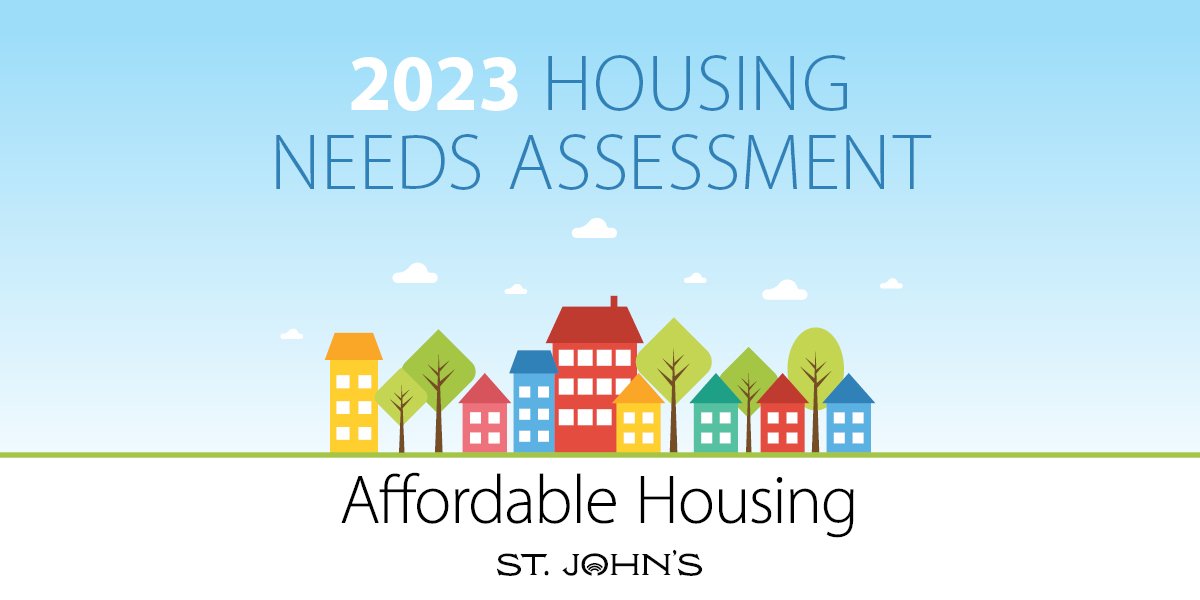Edmonton Affordable Housing Needs Assessment
The document titled “Edmonton Affordable Housing Needs Assessment” provides a comprehensive analysis of housing needs in Edmonton, Alberta, focusing on the challenges of affordability and accessibility for residents. This assessment serves as a crucial planning tool to inform housing strategies and policies aimed at addressing the growing demand for affordable housing in the city.
Background
Edmonton is facing a significant housing crisis, characterized by a shortage of affordable housing options. The assessment highlights that while there are over 394,000 homes in the city, fewer than 15,000 are classified as social or affordable housing. This gap has been exacerbated by a shift away from government investment in affordable housing since the 1990s, leaving many households in precarious living situations. Currently, approximately 1 in 8 households in Edmonton are experiencing core housing need, defined as living in inadequate, unsuitable, or unaffordable conditions.
Objectives of the Assessment
The primary objectives of the Housing Needs Assessment (HNA) include:
- Identifying Housing Needs: Understanding specific housing needs within the city to inform future policies and strategies.
- Analyzing Demographics: Examining demographic trends and their impact on housing demand.
- Guiding Policy Development: Providing data-driven recommendations for policymakers to enhance affordable housing initiatives.
Methodology
The assessment employs a mixed-methods approach that includes both quantitative and qualitative data collection. Key components of the methodology include:
- Quantitative Data Analysis: Data was sourced from Statistics Canada and the Canada Mortgage and Housing Corporation (CMHC) to analyze housing costs, availability, and demographic trends.
- Qualitative Interviews: One-on-one interviews with 56 housing sector organizations provided insights into the lived experiences of individuals facing housing challenges.
Key Findings
1. Significant Housing Need
The assessment reveals that Edmonton’s housing need is substantial and projected to grow. Currently, around 49,000 households are identified as being in core housing need, with this number expected to rise to approximately 59,000 by 2026. Renters are disproportionately affected; they are four times more likely than homeowners to experience housing insecurity.
2. Demographic Disparities
Certain demographic groups face higher risks of housing need. Marginalized populations, including those with disabilities and low-income families, are significantly overrepresented among those experiencing core housing need. The assessment emphasizes that targeted support is essential for these priority populations.
3. Affordability Challenges
The average monthly market rent in Edmonton is reported to be $1,271, which is unaffordable for over 80% of renter households in core housing need. There is a notable deficit of affordable units priced below $1,100 per month, highlighting the urgent need for more accessible rental options.
4. Supply Constraints
The assessment identifies several barriers to increasing the supply of affordable housing:
- Regulatory Hurdles: Complex planning processes can delay new developments.
- Market Dynamics: The private market alone cannot meet the demand for affordable units without significant government intervention.
Recommendations
Based on its findings, the assessment proposes several key recommendations:
- Increase Affordable Housing Supply: The city should prioritize the development of new affordable units through streamlined processes and incentives for developers.
- Enhance Rental Support Programs: Implementing financial assistance programs for low-income renters can help alleviate immediate affordability challenges.
- Focus on Priority Populations: Policies should be tailored to address the specific needs of marginalized groups who face higher rates of housing insecurity.
- Regular Updates to Data: Ongoing assessments should be conducted to ensure that policies remain responsive to changing demographics and market conditions.
Conclusion
The “Edmonton Affordable Housing Needs Assessment” underscores the critical need for comprehensive strategies to address the city’s growing housing crisis. By identifying specific needs and barriers within the current system, this assessment provides valuable insights that can guide future policies aimed at enhancing affordability and accessibility in Edmonton’s housing market. Ultimately, addressing these challenges requires collaboration among various stakeholders, including government agencies, non-profit organizations, and community members. By working together to implement evidence-based solutions, Edmonton can make significant progress toward ensuring that all residents have access to safe and affordable housing options.

Further reading: Affordable Housing Funding and Financing Recommendations Report
[PDF] Edmonton’s Affordable Housing Needs Assessment edmonton
[PDF] Edmonton Affordable Housing Needs Assessment pub-edmonton.escribemeetings

wow, awesome blog post.Really looking forward to read more. Keep writing.